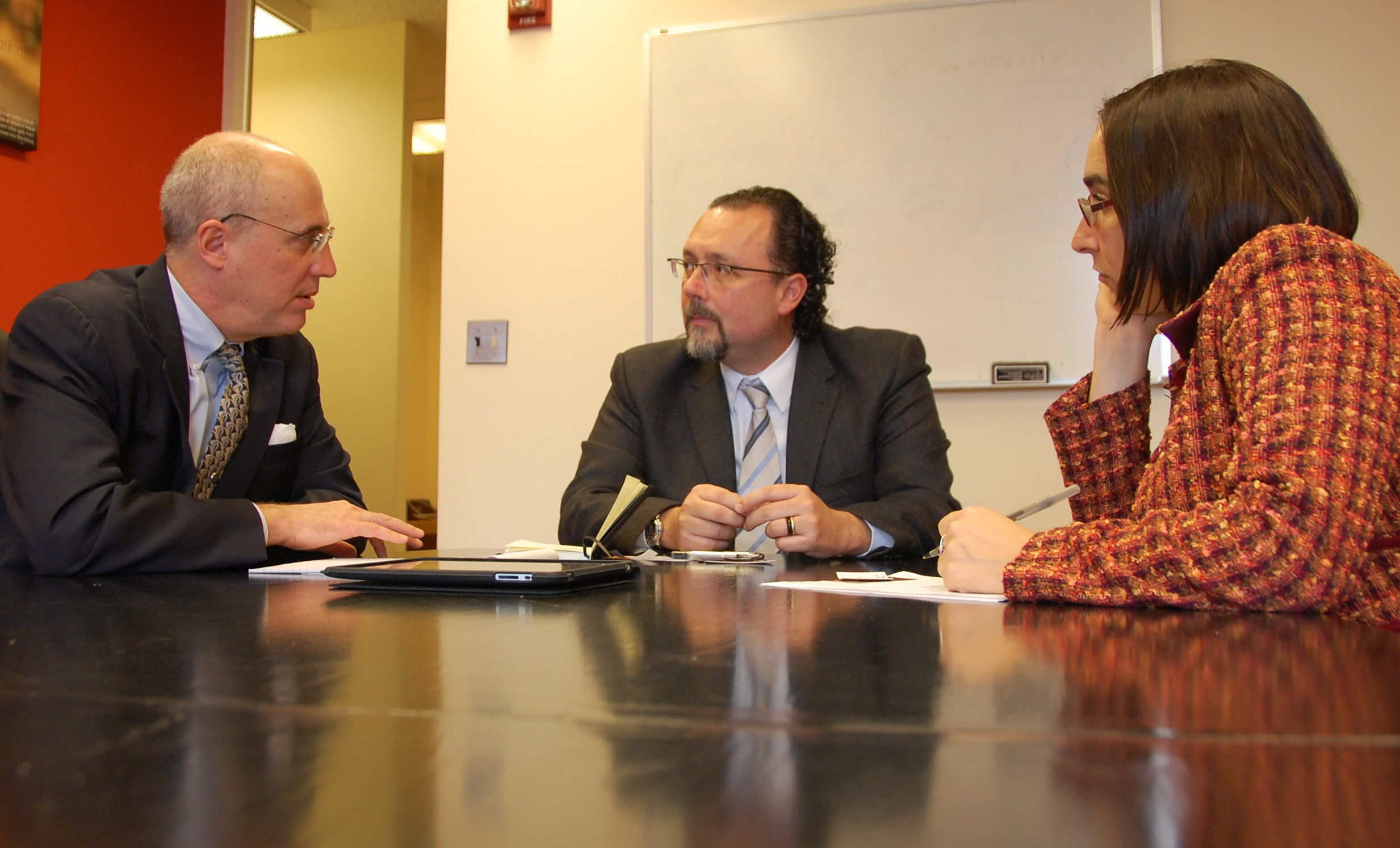The Brazilian state of São Paulo is taking a dramatic new step.
The state’s governor has just signed a law to shut down companies caught using slave labor. Violators would be banned from opening a new business for 10 years.
The man behind this groundbreaking law is human rights activist, Carlos Bezerra Jr., a São Paulo state senator.
He believes the measure is the toughest of its kind since Brazil abolished slavery in 1888.
“In this state,” Bezerra says, “profit at any cost will never be worth more than human life.”
 News about the law comes to us from Reporter Brasil, one of our frontline partners. The group’s president, Leonardo Sakamoto, says it’s good for business in a country whose economy depends on exports. “Cleaning the supply chain is a quick way to gain markets and improve the lives of workers,” he says.
News about the law comes to us from Reporter Brasil, one of our frontline partners. The group’s president, Leonardo Sakamoto, says it’s good for business in a country whose economy depends on exports. “Cleaning the supply chain is a quick way to gain markets and improve the lives of workers,” he says.
Senator Bezerra was in Washington, D.C. this week, visiting U.S. government officials and activist organizations, including Free the Slaves.
“Brazil is taking some of the most progressive and far reaching steps in the world to remove slavery from product supply chains,” says FTS Executive Director, Maurice Middleberg. “What they are doing is a global model.”

Carlos Bezerra Jr. (center) meets in Washington with FTS Executive Director Maurice Middleberg (left) and FTS Programs Director Karen Stauss (right).
Brazilian activists are hoping for a domino effect, where other states will follow São Paulo’s lead.
Middleberg believes Brazil is setting an example for politicians in other countries as well.
“The successes in Brazil highlight the need to network members of parliament worldwide, to help build a community of parliamentarians who are committed to taking action against slavery in their countries,” he says.
FTS is pushing for a nationwide law in the U.S. where all large companies would be required to investigate and root out slavery in their supply chains.
You can see more about the successes of FTS frontline partners in Brazil, including Reporter Brasil, in the minidocumentary, “Partners in Action.”
FTS Partners in Action: CPT & Reporter Brasil from Free the Slaves on Vimeo.



